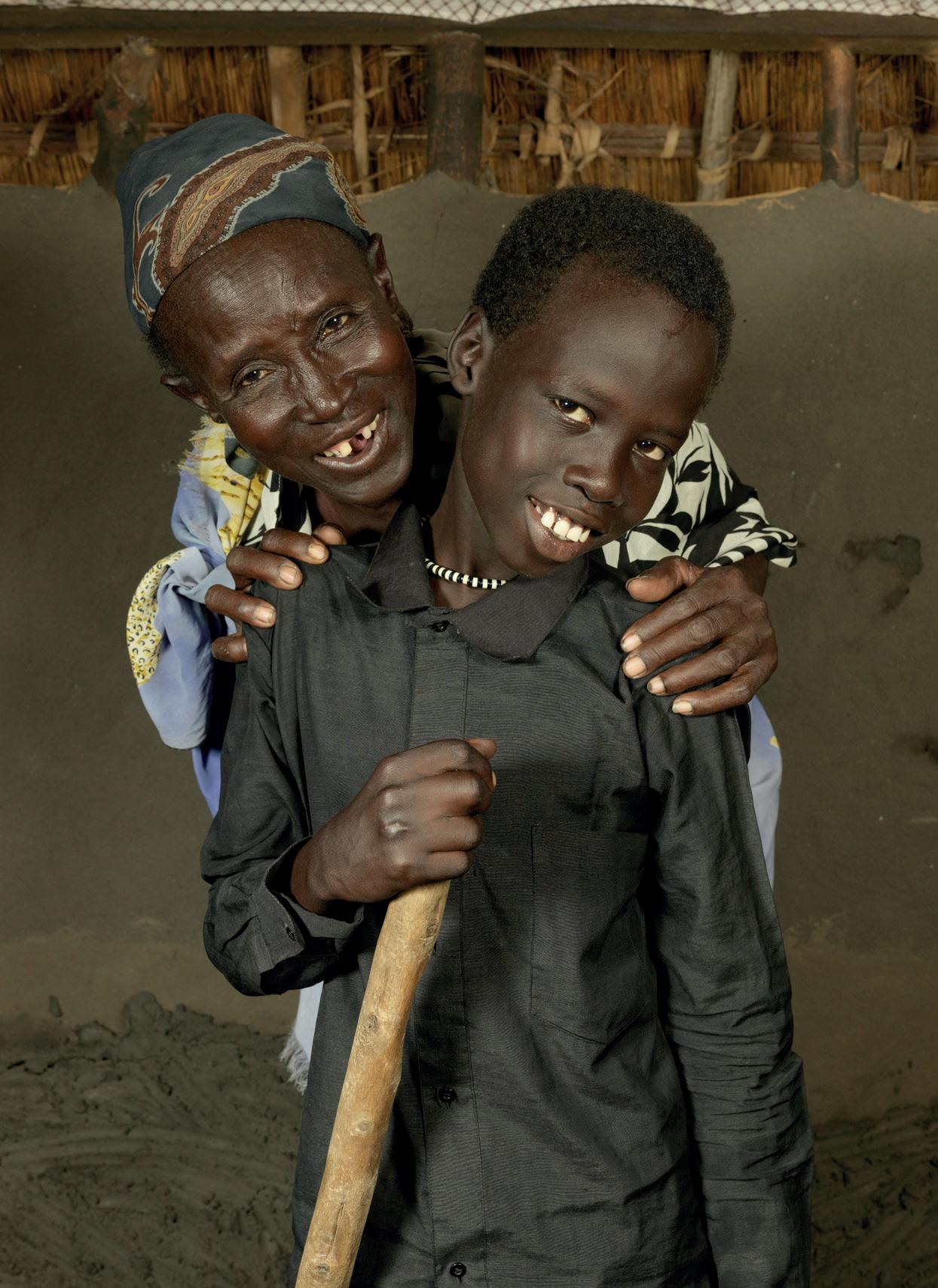
Annual Report 2023
In this Annual Report, we inform you about the project, progress and participants of We are Able! in 2023.
TABLE OF CONTENT
// Introduction We are Able! PAGE 2-3
// The story of Chantal Mukarazi Mvano PAGE 4
// 2023 in Facts and Figures PAGE 5
// The story of Hiyeda Ali PAGE 6
// Key Challenges PAGE 7
// Results per country PAGE 7-9
// People we serve PAGE 10-11
Three pathways
Our Mission
We are Able! works towards disability inclusive food security by fostering enabling environments in six fragile and conflict-affected countries in Africa.
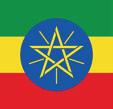
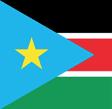
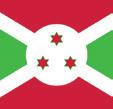
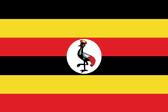
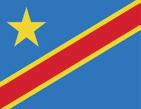
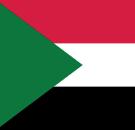
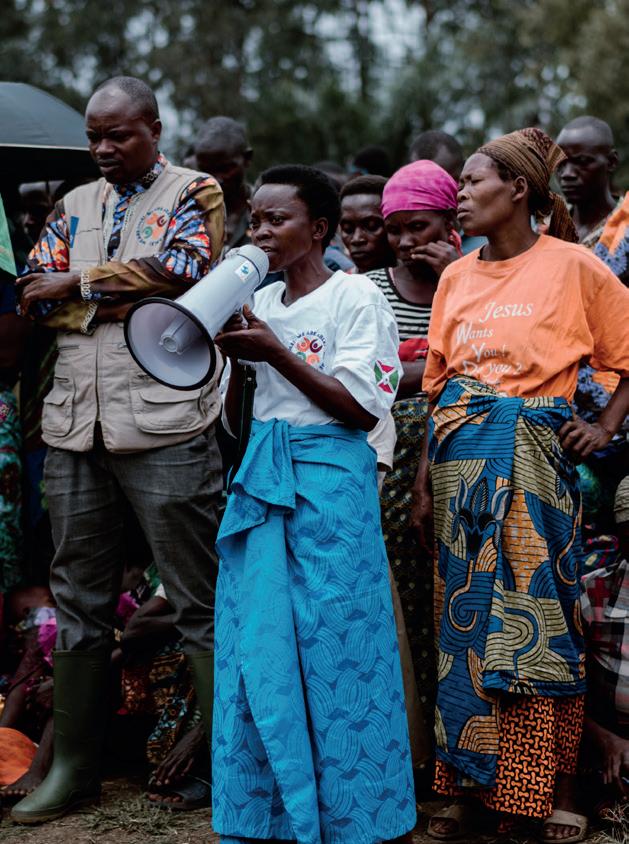
To achieve this mission, three paths are taken:
Pathway 1:
Community mobilization and raising awareness among citizens Pathway 2:
Strengthening Organisations of People with Disabilities (OPDs) and Civil Society Organisations (CSOs) Pathway 3:
Engagement of local and national public authorities into a dialogue on the food security of persons with disabilities through Lobby and Advocacy
Theory of Change
This leads to a situation where men, women and youth with disabilities organized in resilient and capable OPDs/CSOs are capable of conducting effective Lobby and Advocacy and actively engage with (in)formal public authorities and other relevant stakeholders to influence laws, policies norms and practices for improved food security for all.
2 Annual report 2023
Ethiopia South Sudan Burundi
Uganda DR Congo Sudan

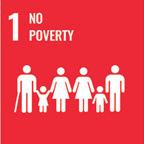
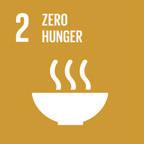
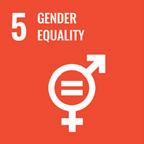
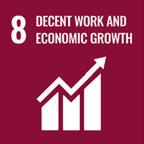
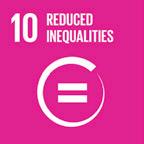
Promoting inclusive food security for persons with disabilities Communities Public authorities We are Able! • aware • capable • mobilized OPDs/CSOs 1 2 3 • strong • capable • legitimate Lobby & Advocacy • aware • capable • engaged Inclusive Laws Norms Practices Policies DISABILITY INCLUSIVE FOOD SECURITY budgets policies Campaigns Policy recommendations Social media engage local authorities engage national authorities through Lobby and Advocacy feedback expertise
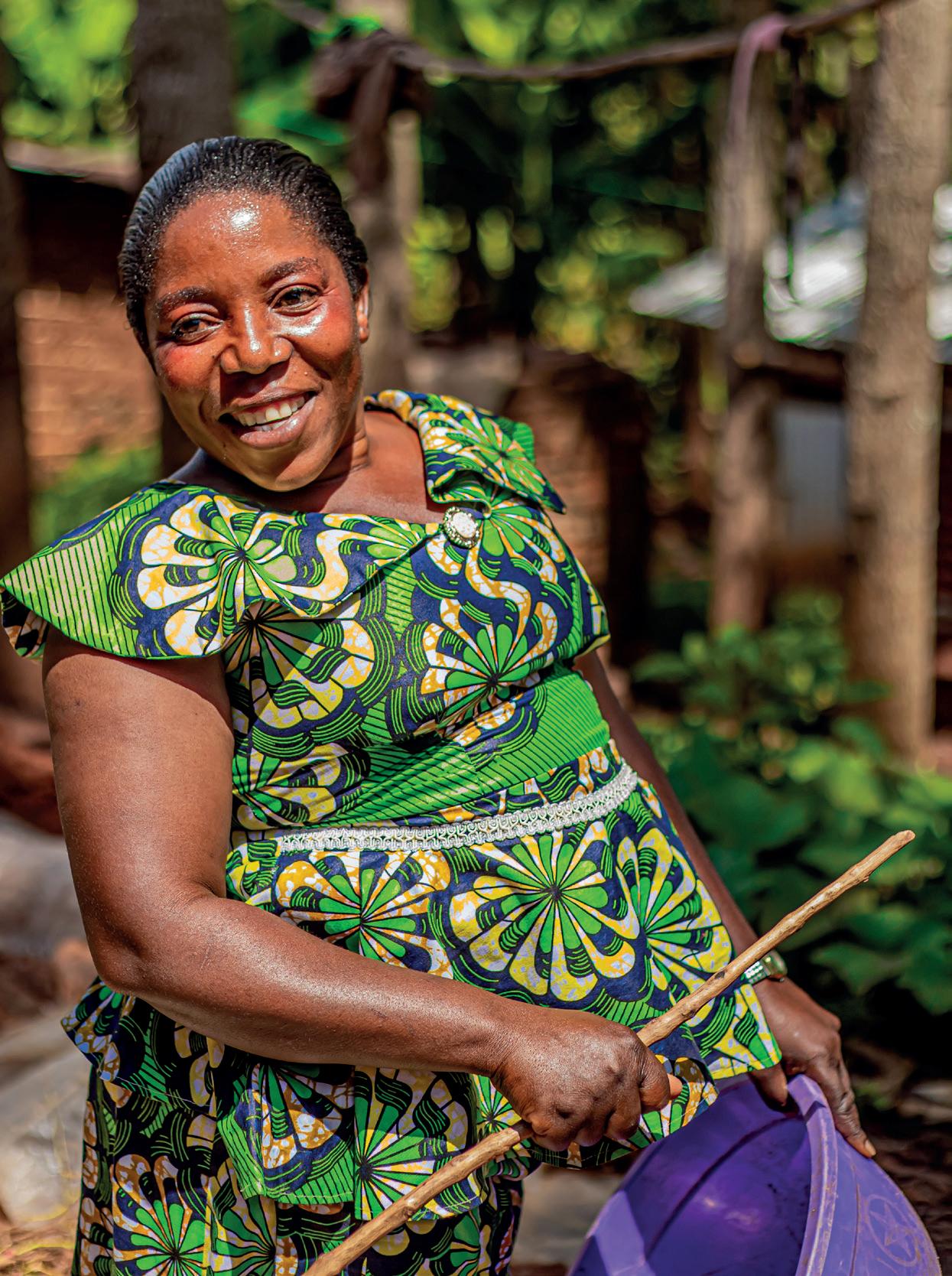
“We are Able! supported my fight against self-stigma!”
Chantal Mukarazi Mvano, a 26-year-old from Idjwi, DRC, faced a life-altering challenge at three when she contracted meningitis, leaving her with a physical disability. Despite this, she persevered through treatment and schooling, ultimately earning a state diploma in teaching. However, societal stigma led to unemployment and affected her mental well-being. She recounted: “The disability and unemployment situation had made me so nervous, that I could no longer stand the looks of certain people. From that time on I interpreted every look as ‘mockery’ and that’s when I gradually sank into self-stigmatization.”
Her turning point came when she joined activities organized by ADDH (Association de Défenseur de Droits des personnes Handicapées) an Organization of Persons with Disabilities (OPD). Through involvement with ADDH and training from the We are Able! project, she began advocating for disability rights. “Seeing myself regularly invited to We are Able! meetings, workshops, trainings, and activities, I had started to change, slowly but surely, my way of living with those around me.”
As a result of her dedication and leadership qualities, Chantal managed to revitalize the association for disability rights, was elected treasurer of the territorial network of OPDs, RTOPH Idjwi, and established income-generating activities like market gardening and microcredit. As president of ADDH, she states: “Currently our OPD has obtained operating documents at the local level and is implementing a range of income-generating activities and training in cutting and sewing. Although our means are still limited, we believe that with our determination, we will move forward and even help many other persons living with disabilities to overcome obstacles that still hinder their development.” Her resilience exemplifies the potential for positive change within disability communities.
4 Annual report 2023
The story of Chantal Mukarazi Mvano, Idjwi (DR Congo)
Overview 2023: Facts and Figures
In 2023, the We are Able! project passed its halfway point, marked by the Mid Term Review.
For the Mid Term Review, 2682 households were surveyed about food security, tenure rights, and participation restrictions; 402 participants from 113 OPDs and local CSOs filled in the OPD survey, and 79 OPDs / CSOs were engaged in the Focus group discussions.
MTR
A total of 83,097 individuals participated in the project in 2023 and the total of indirect beneficiaries is estimated at 330,000.
The year 2023 saw an increased focus on the Shift of Power to increase responsibility sharing and ensure sustainability.
Shift of Power
The Mid Term Review was experienced in all countries as an empowering process, both for staff of the project, but more importantly also for persons with disabilities who were involved in the MTR as enumerators or interviewees.
Over 73% of persons with disabilities interviewed felt their needs were taken seriously by OPDs, local authorities and development organisations.
Annual Meeting
The We are Able! annual meetings are an important opportunity for consortium members and partners to plan, evaluate and learn. These learnings help the country teams to adjust their plans in order to improve on their achievements.
Moreover, the Ethiopian team used the annual meeting in Addis Ababa to organise a high-level lobby and advocacy forum engaging key national stakeholders including the Minister for Gender and Social Affairs, the Netherlands Embassy in Ethiopia, as well as journalists and media agencies.
In the course of the We are Able! Programme there is a progressive Shift of Power from consortium members to OPDs and other implementing partners. They increasingly share responsibility and accountability for the results achieved. This also means that they will join the decision making of day-to-day operations and project management.
Some 2023 highlights:
• It was agreed to undertake concrete steps towards the Shift of Power on the consortium-level between the Dutch consortium members and ADF. ADF agreed to jointly coordinate the consortium together with lead agency ZOA and to co-chair all working groups including the Executive Board.
• OPDs involved in the project became part of the Country Program Steering Committee (CPSC), where decisions are made and the implementation and reporting are coordinated.
• It was decided that in 2024, 10% of the budget will be shifted from consortium partners to local OPDs, making them responsible for implementation and therefore accountable. In 2025, another 15% budget will be added
• Shift of Power perception: 82% of OPD representatives say their influence within the programme has increased over the last 2 years, 13% are neutral and only 5% say their influence has not increased.
Annual report 2023 5
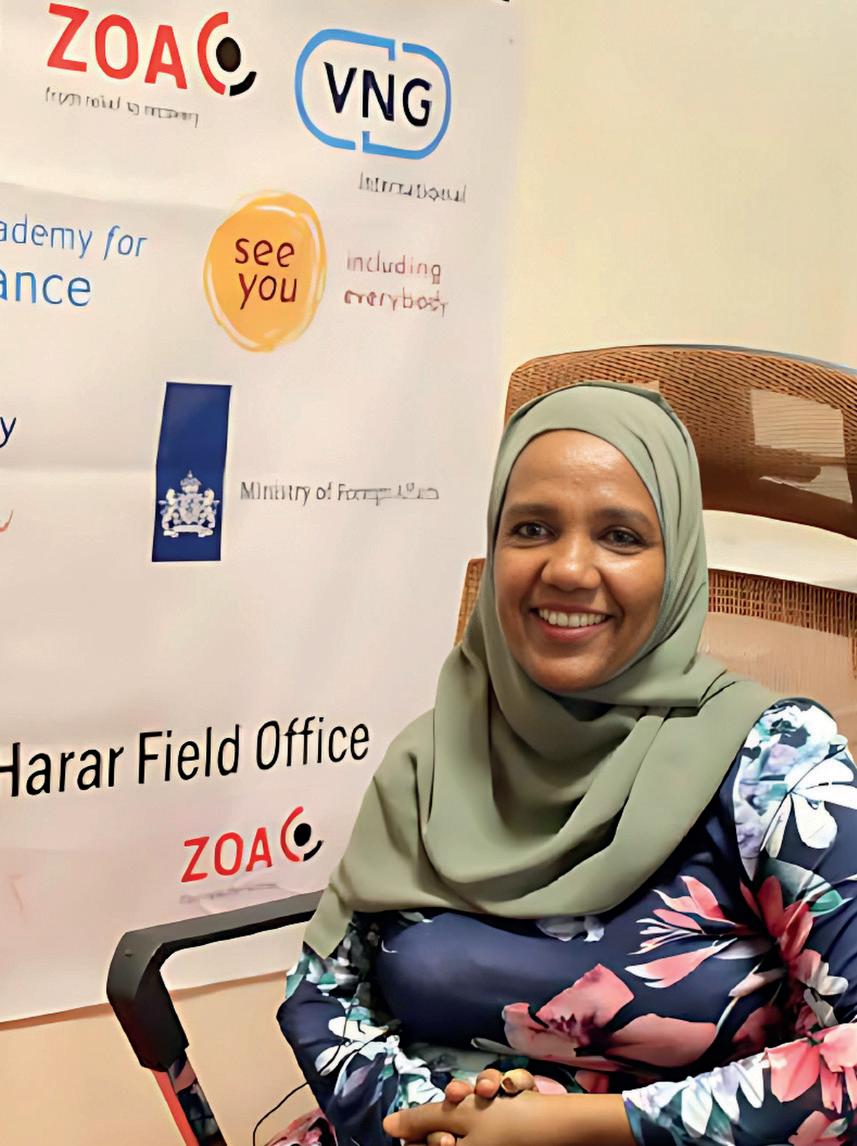
Hideya Ali, a mother of three, is the chairperson of the Harari Women with Disability Association and a member of the executive committee of the Organisation of Persons with Disability (OPD), which is organized by a coalition of seven regional associations. “Our federation is an alliance of seven local and regional organisations for people with disabilities. We advocated and lobbied at all levels for a more inclusive environment for all.” Hideya says.
Through the We are Able! project her OPD was provided with training and other capacity-building activities that enabled the organisation to become self-sufficient, begin mobilizing local resources, and better support its members.
The Harari Women with Disabilities Association, was founded twelve years ago with eight members. The organisation currently has 220 members, the majority of whom are women with various disabilities. The activities and initiatives of the We are Able! programme have been incremental to this growth in size and impact.
Hideya explains: “As an organisation for persons with disabilities, our main task is to create public awareness about the needs, aspirations, and abilities of people with disabilities in general and women in particular through lobbying government and private enterprises, monitoring service agencies, advocating through local and national media, and organizing public awareness events. We are extremely grateful to the We are Able! project for their unwavering support, which enabled us to reach out to the most marginalized community members, particularly women with disabilities, and encourage them to come forward and demand their rights for a more inclusive environment that would benefit them and their families.”
6 Annual report 2023
The story of Hideya Ali, Harari, Ethiopia
Key Challenges
The areas we work are complex, and project results in 2023 were hampered by three main contextual challenges:
The impact of conflict, violence, and instability was enormous in war torn Sudan, but also problematic in South Sudan (with many refugees arriving from Sudan) and DR Congo (with the M23 insurgencies in North Kivu leading to massive displacement of populations towards South Kivu).
1 2 3
In most countries, we saw the impact of climate change, with changed weather patterns particularly in Burundi, Ethiopia, DR Congo, and Uganda. Droughts and floods have led to failed harvests, which increased food insecurities for persons with disabilities.
High levels of inflation and volatile exchange rates were causing problems in all six countries, increasing the costs of our activities up to 3-4 times, and making cost structures quite unpredictable.
Results per country
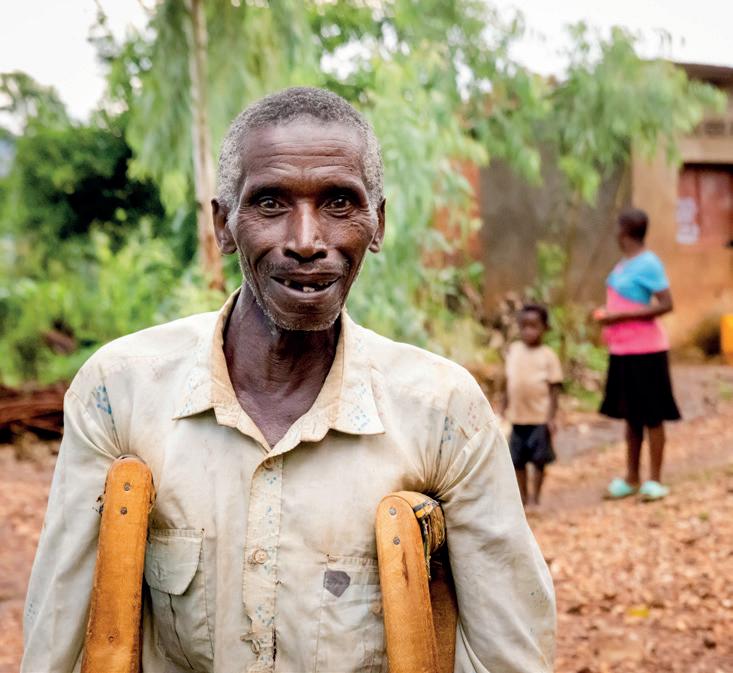
Burundi

In Burundi, successful sensitization efforts among cooperatives and public authorities have resulted in increased inclusion of persons with disabilities in seven cooperatives, granting them access to essential resources such as small livestock and agricultural inputs. The influence and legitimacy of Organisations of Persons with Disabilities (OPDs) in communities have grown through the training of Disability Inclusion Facilitators (DIFs). These DIFs now work with village OPDs to advance their agendas. Representing various respected village structures, such as religious leaders, DIFs foster broader collaboration and impact within communities. In addition to this, due to collaborative efforts between WaA! staff and district OPDs, the land rights service now issues land certificates at the village level, allowing installment payments. This reduces barriers for persons with disabilities and others, eliminating the need to travel to districts. Installment payments also aid economically vulnerable individuals in securing land rights.
Annual report 2023 7
Ethiopia

In 2023, the project in Ethiopia focused on capacity-building for persons with disabilities, OPDs, CSOs, Faith-Based Organisations (FBOs), and public authorities. It established 28 new OPDs and 9 self-help groups for persons with disabilities, enhancing skills in decision-making, budgeting, and business management. These initiatives empowered members to generate income and manage businesses, leading to a substantial amount of money in savings and potential for loans. Advocacy efforts resulted in improved physical accessibility, employment opportunities, and representation in councils. A media campaign raised awareness on inclusive food security, leading to increased attention from public authorities. OPD mapping and database creation filled critical data gaps for evidence-based policy dialogue. Exchange visits and forums facilitated project monitoring and mainstreaming disability issues.
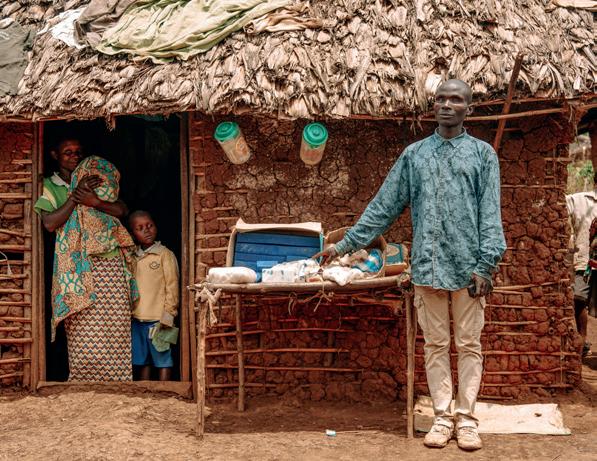
South-Sudan

In South Sudan, continuous radio broadcasts, talk shows, drama, and jingles have positively changed community atti tudes towards persons with disabilities, fostering inclusion in decision-making processes and reducing derogatory nicknames. Participation in food and nutrition clusters led to new inclusive policies favoring persons with disabili ties. Increased lobbying and advocacy capacities of CSOs and OPDs have empowered them to advocate for disability rights and inclusive societies. OPDs/CSOs, with improved links to constituencies, now advocate for persons with disabilities based on skills and knowledge acquired from training and exchange visits. As a result of the Local Inclu sion Agenda (LIA) approach, targeted localities have im plemented various initiatives such as training on inclusive agriculture and livelihoods, governance, and peacebuilding. Small grants schemes that are part of the LIA-approach further enhanced capacity and assurance to work towards understanding the rights of persons with disabilities.
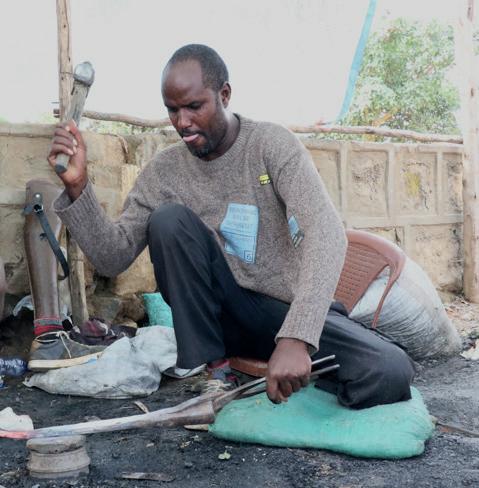
DR Congo

Building on efforts in earlier years, the access to resources for persons with disabilities improved during 2023 in DR Congo. Farmers with disabilities have joined savings associations, fostering their financial inclusion and empowering the female farmers. Also, newly joined Participatory Integrated Plan (PIP) farmers have been planning their future household plans and inspired their communities to develop their communal visions.
In terms of Lobby & Advocacy, besides capacity strengthening activities for the partner FENAPHACO, the most important achievement was the collaboration with the Commissioner General in charge of Gender, Family and Social Affairs and partners in South Kivu, to obtain legal operating documents for 27 OPDs in the Territories of Idjwi and Kalehe. This has contributed enormously to their legitimacy, as these organisations are now recognized by the State.
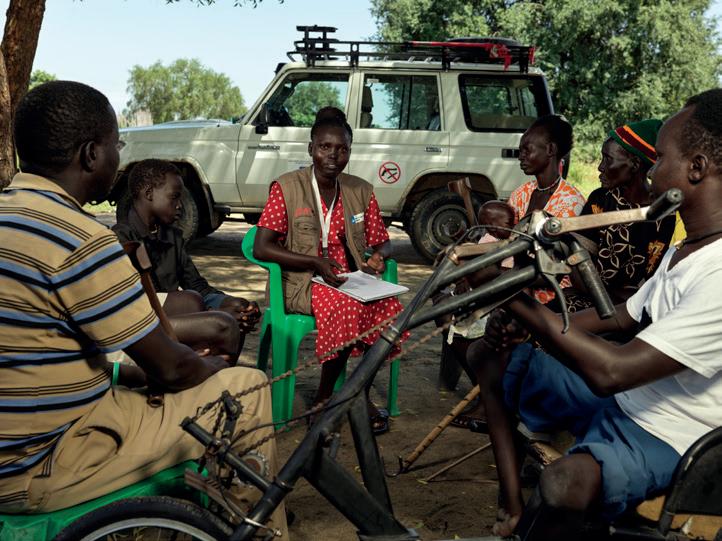
8 Annual report 2023
Sudan

In spite of the violent conflict that broke out in April 2023 interventions focusing on inclusive food security and financial inclusion were not significantly affected for Sudan, as Gedaref remained relatively stable. Most importantly, the Food Security and Livelihood (FSL) CSO support activities commenced before the conflict and our team was able to continue during the war, despite being slowed down due to bureaucratic and security impediments. Sudan managed to establish 94 inclusive FSL CSOs with a total of 2,941 members out of which 42% accounts for persons with disabilities who had not been allowed to become members before the WaA! advocacy. In Al-Hamra village, for instance, women with disabilities accessed funds from the Family Bank for agriculture, cultivating land and selling produce, thus elevating their living standards. Government and private financial service providers committed to supporting the financial portfolio of FSL CSOs, a significant milestone facilitated by the WaA! project.
A forum on inclusive financial and insurance services for Food Security and Livelihoods CSOs fostered dialogue between 38 CSOs/OPDs and 8 financial institutions. This is an important achievement as it is expected to benefit CSOs/OPDs who operate in this field. Six project target localities developed Local Inclusion Agendas collaboratively with local authorities OPDs and CSOs, signed and approved by executive directors, signaling progress despite the many challenges.
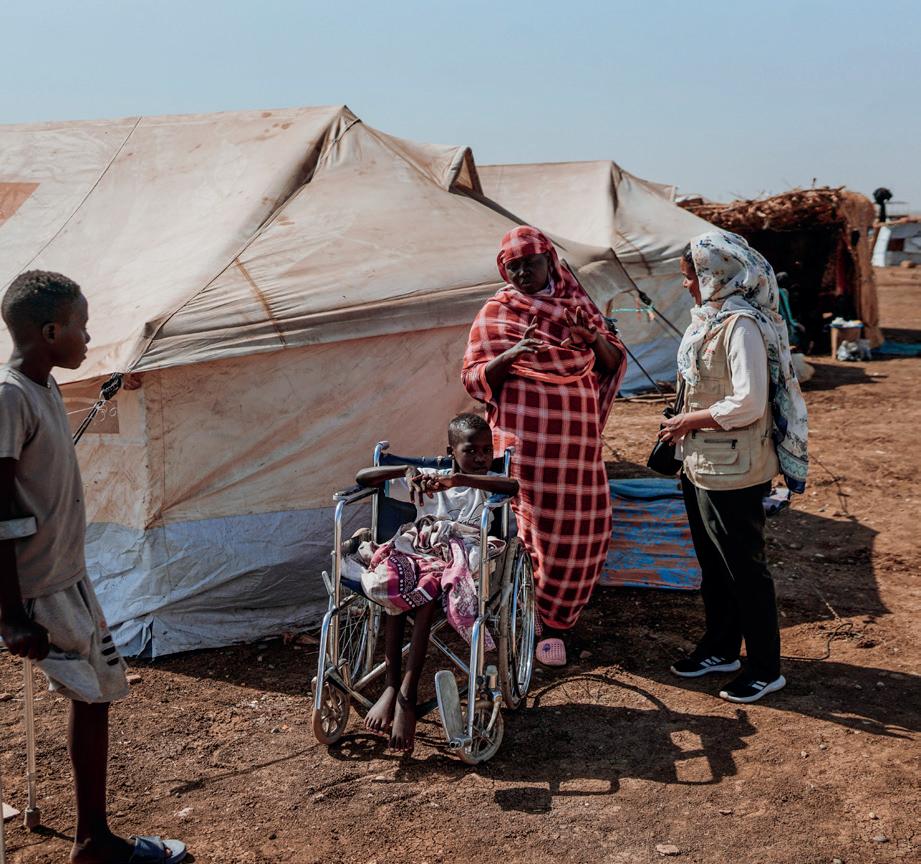
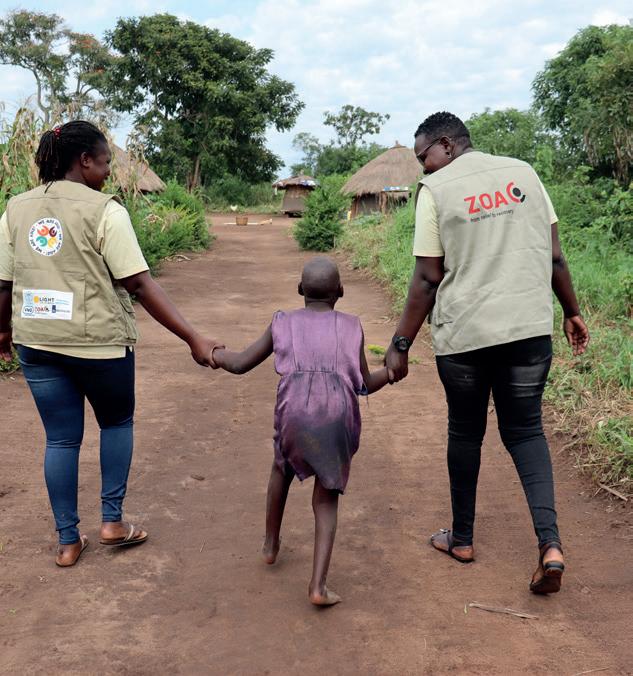
Uganda

In Uganda, Disability Inclusion Facilitators (DIFs) supported various CSOs and OPDs with disabilities to achieve significant results. SOS Children Villages, for example, enhanced accessibility for persons with disabilities by installing ramps and talking signs at their offices. We expect this will inspire other organisations to do the same. Another important achievement is that DIFs helped to write proposals which led to a fund of $20,000 for the development of accessible books for children with disabilities in schools. Similarly, the organisation Invisible Hope Uganda received 50 million shillings for their land rights project, benefitting both women and men with disabilities. Additionally, 160 households of persons with disabilities in Omoro and Nwoya benefited from national disability grants and vocational training, because due to our advocacy, over 300 persons with disabilities gained access to national ID cards, facilitating access to government support.
Annual report 2023 9
People we serve
37.579
Total direct participants & indirect participants
83,097 individuals participated directly in 2023 and the total of indirect beneficiaries * is estimated at 330,000.
* Indirect beneficiaries are people who do not participate directly in the project but nevertheless benefit from it, for example through the implementation of policies or legislation. The exact number is hard to calculate. Estimations are based on the population numbers in the direct vicinity of the intervention areas.
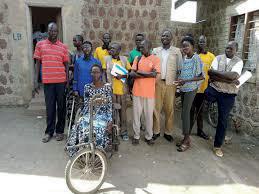
10 Annual report 2023 DR Congo
MEN
WOMEN
45.518
Sudan SouthSudan
Congo Ethiopia
Burundi Uganda
The large spread in number of beneficiaries reached per country can be explained by a combination of factors, of which the type of intervention and the intervention area are the most important.
* Beneficiaries without disabilities include family members, caretakers and other individuals within the target communities related to persons with disabilities that are affected socially or economically. Also public authorities, policy makers, cooperatives, MFIs, and religious leaders (targeted by our advocacy and disability mainstreaming) are part of this group.
Annual report 2023 11
BURUNDI (3.815) Participants with disability without disability* 743 3.072 DR CONGO (6.454) Participants with disability without disability* 404 6.050 ETHIOPIA (9.058) Participants with disability without disability* 4.314 4.744 SUDAN (29.601) Participants with disability without disability* 13.352 16.249 SOUTH-SUDAN (9.124) Participants with disability without disability* 4.758 4.366 UGANDA (25.045) Participants with disability without disability* 12.492 12.553
 Photo credits: Lieuwe Siebe de Jong - ZOA, Jessica Blum - ZOA, Jonneke.nl, Peter Caton.
Photo credits: Lieuwe Siebe de Jong - ZOA, Jessica Blum - ZOA, Jonneke.nl, Peter Caton.





























 Photo credits: Lieuwe Siebe de Jong - ZOA, Jessica Blum - ZOA, Jonneke.nl, Peter Caton.
Photo credits: Lieuwe Siebe de Jong - ZOA, Jessica Blum - ZOA, Jonneke.nl, Peter Caton.